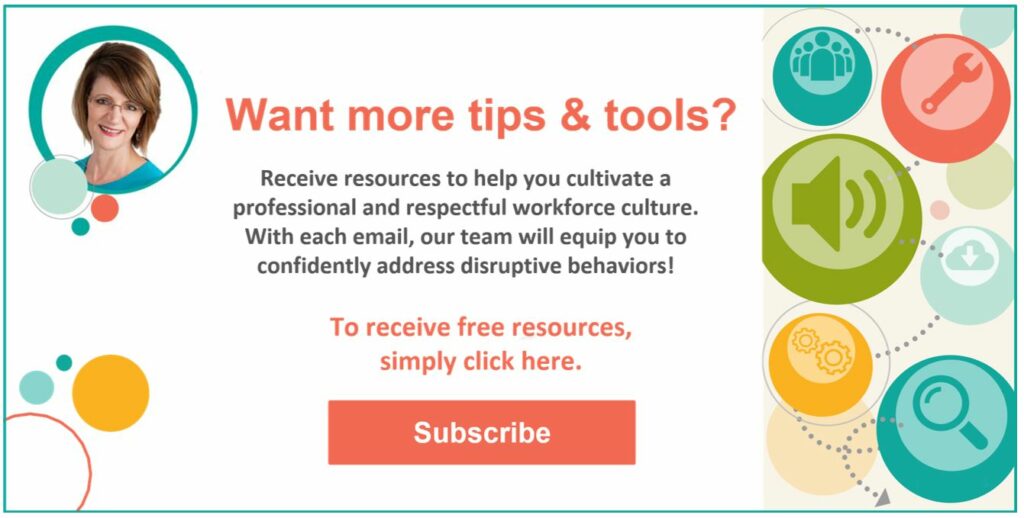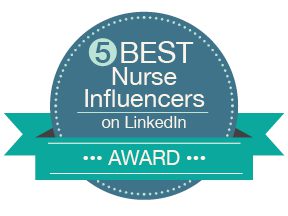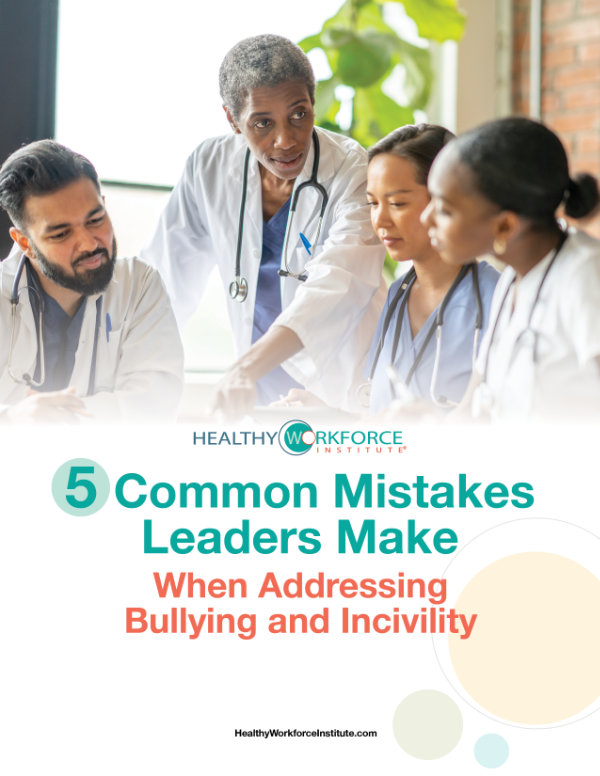
Social media and virtual platforms like Zoom and Web-Ex have become popular forums for bad behavior. I guess you can say that we have COVID-19 to “thank” for that. As more and more people are resorting to online communications because of social distancing, we’re seeing an uptick in social media cruelty. Further exacerbating the problem, tweets and Facebook posts are permanent, often made without reflection, and easily misinterpreted. It’s easy to see why. They have the benefit of anonymity, lack of face-to-face confrontation (on Zoom, they can use the chat box and zing their target), and widespread, instantaneous impact.
Ways people use online platforms to zing their co-workers
Social media cruelty via online platforms is just like traditional workplace bullying and incivility in the workplace, but involve electronic devices and online communications. These attacks include but are not limited to:
- Jokes about ethnicity, religion, sexual orientation, or any other topic that would make an individual uncomfortable
- Public shaming via a social media or web-based platform
- Sharing embarrassing, offensive, or manipulated images or videos of an individual
- Spreading lies & gossip – social networking sites are usually the most common ways people become victims of another person’s character bashing.
It’s easy to see how this happens. We’re now forced to forgo our usual get-togethers after work where we would normally “unload” and vent after a rough day or week at work. Knowing that we were among friends and that our venting wasn’t recorded, nobody truly got hurt. Now, those get-togethers happen online; often times on social media.
It’s tempting to use a social media platform or zoom chat box to zing a co-worker, boss, or your organization but be warned. Like the Sirens in Greek mythology who lured nearby sailors through music to their ultimate death, social media cruelty can derail your career, damage relationships, and truly – it’s cruel. Especially while on “work time”, engaging in unprofessional and inappropriate conduct via a web-based platform could ruin your career.
Here are a few tips for protecting yourself from the social media sirens:
-
Don’t use a work computer to log into a social media site
Many organizations block social media sites, and that’s not necessarily a good thing if they’re still doing that. However, once logged in as you, they can track the sites you attempt to access. If your company doesn’t allow access, even in the middle of the night, when nobody is watching and you are on a break – don’t do it!
-
Don’t violate your organization’s policy on social media
At this point, most organizations have a social media policy. Get a copy of it, read it, know it, and follow it. If not, you could be at risk for losing your job. Ignorance is not a defense! Even if your organization doesn’t have a social media policy yet (I’m sure they’re working on it), you could be held liable if they can prove you violated basic patient confidentiality.
-
Don’t post on your social media site while at work – even on your phone
Did you know that everything you post on social media is discoverable in a court of law? Yep. Nurses have lost their jobs and a few – their license because their patient either died or deteriorated to the point of harm. Lawyers were able to pull the social media posts, making a case that the nurse wasn’t paying attention to their patient because they were spending time on social media while working. Oh, and you can’t use “I was on a break” as an excuse unless you swipe out for breaks.
-
Don’t post anything about a patient
Even if you don’t actually name the patient, don’t write ANYTHING. If somebody can figure out who it is from your descriptors, you could be liable. For example, I saw a post from a nurse who talked about a patient who was admitted the night before with a gunshot wound that occurred at a particular bar in the area. Anyone watching the news knew exactly whom he was talking about.
-
Don’t post anything about your co-workers
Social media sites are not the right place to lash out at anyone, let alone your co-workers. It’s inappropriate, unprofessional and a passive way to deal with conflict. I once knew of a situation where 2 nurses had a “cat fight” on Facebook. It was ugly. They were both terminated.
-
Don’t post anything about your organization
I can’t tell you how many times I’ve read negative comments from people about their employer. I get a knot in my stomach every time I read them. Even something as seemingly innocent as, “I dread going into work tonight…this place sucks!” can be grounds for termination. Many people know where you work. Reading negative comments about your employer, even if you don’t spell it out, could be considered slander. Think of it this way, would you want your boss or patients to read your comments? If not, don’t do it.
-
Don’t write anything bad about being a nurse
We all have our good and bad days. I always say that nobody gets involved in nursing for the perks, especially now. However, even though we chose a selfless profession, some days really test our decision. Social media is not the place to vent about all of the horrors in nursing. I once read a post titled, “Nursing sucks!” by a nurse who just had a bad day. She went on to describe why she hated being a nurse. Not good. It’s okay to vent, just not for the world to see. As a professional, you want to represent yourself and your profession well.
Social media cruelty is another virus that infects our society. The key is to use social media and web-based platforms the way they were intended – to connect with others, to share, to inspire, and to learn. One day, we’ll connect again in person. We’ll be able to vent about the challenges we’ve had at work or our frustrations with people without causing harm. Let’s all agree to be mindful of what we write and say behind the screen. Someone is always on the other end. That someone could be the most important person in your life.














